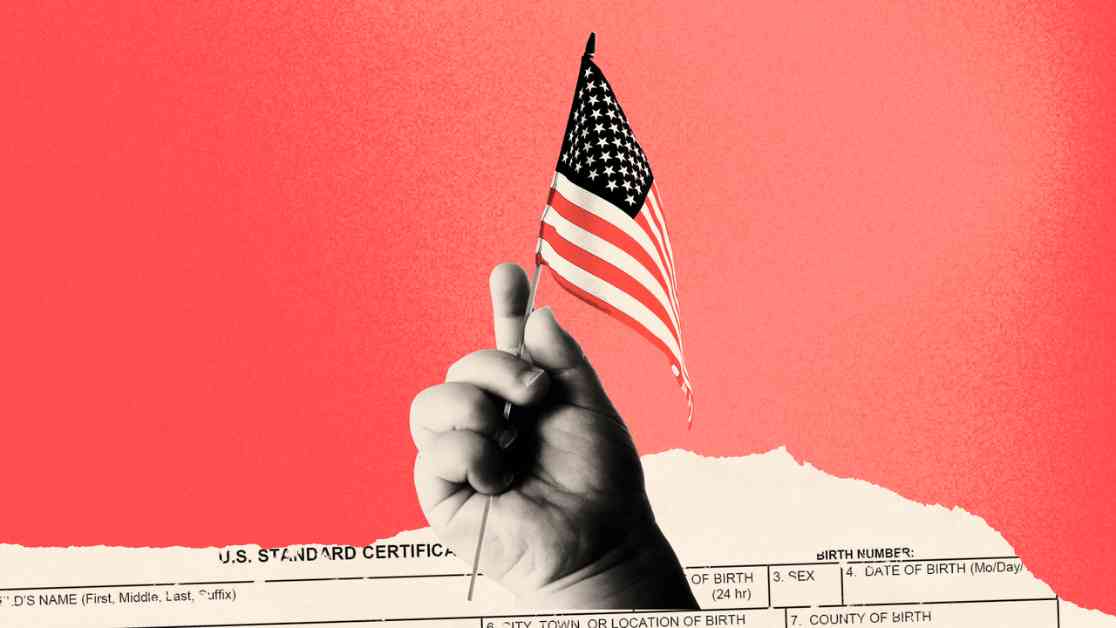Article Rewrite:
Birthright Citizenship Case: A Supreme Court Showdown
An hour into the oral arguments in the birthright-citizenship case at the Supreme Court last Thursday, Justice Ketanji Brown Jackson offered a tart summary of the Trump Administration’s playbook in what will surely be its losing bid to end the constitutional guarantee. “Your argument,” Jackson told D. John Sauer, the Solicitor General, would “turn our justice system” into a “ ‘catch me if you can’ kind of regime,” in which “everybody has to have a lawyer and file a lawsuit in order for the government to stop violating people’s rights.” Jackson kept going: “I don’t understand how that is remotely consistent with the rule of law.”
Unconstitutional Executive Orders Galore
Her diagnosis applies beyond the birthright-citizenship case. The Trump Administration has unleashed a torrent of unconstitutional executive orders and other questionable legal actions; with many of them, its goal seems less to win in the end than to inflict as much damage as possible along the way. That is why it is so determined to use the birthright-citizenship case to stop lower-court judges from issuing “nationwide injunctions”—orders that block Administration policies from taking effect across the country while their legality is hashed out in court. Lower courts, Sauer argued to the Justices, must limit their rulings to the individual parties in the case before them. Others who are harmed by the policies need to find ways to bring their own suits—unless and until the Supreme Court steps in with a definitive ruling. In other words, “catch me if you can.”
Birthright Citizenship: A National Issue
On Inauguration Day, shortly after taking an oath to defend the Constitution, Donald Trump sought to rewrite the document by executive fiat. He signed an order that purported to eliminate birthright citizenship for children without a parent who is a U.S. citizen or a permanent resident. (The order applies to children born in the United States more than thirty days after its issuance.) His action violated the clear language of the Fourteenth Amendment, which states, “All persons born or naturalized in the United States, and subject to the jurisdiction thereof, are citizens of the United States.” It contravened a 1940 federal law codifying that protection. It ignored a hundred-and-twenty-seven-year-old Supreme Court precedent making clear that the guarantee applies to the children of noncitizens, and also subsequent rulings reaffirming and expanding that view. “So, as far as I see it, this order violates four Supreme Court precedents,” Justice Sonia Sotomayor told Sauer.
The Debate on Nationwide Injunctions
But Thursday’s arguments, in cases that were brought by blue states, by immigrants’-rights groups, and by individual pregnant women, weren’t really about birthright citizenship; the Trump Administration could have pressed the Justices to tackle that issue, but it chose not to. Instead, the unusual mid-May session, after regular oral arguments had finished for the term, focussed on the technical matter of injunctions. That is an issue on which the Administration has a far stronger argument, although, for the reasons Jackson outlined, an unconvincing one, at least when it comes to birthright citizenship.












